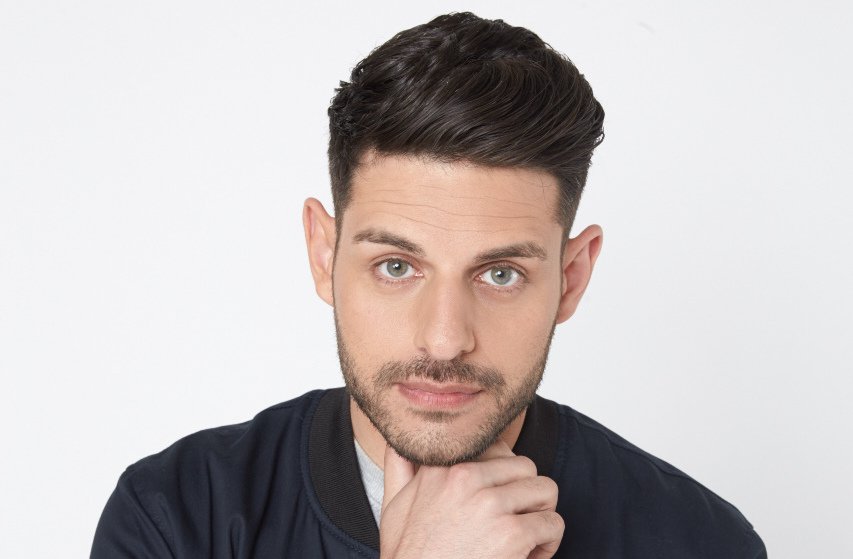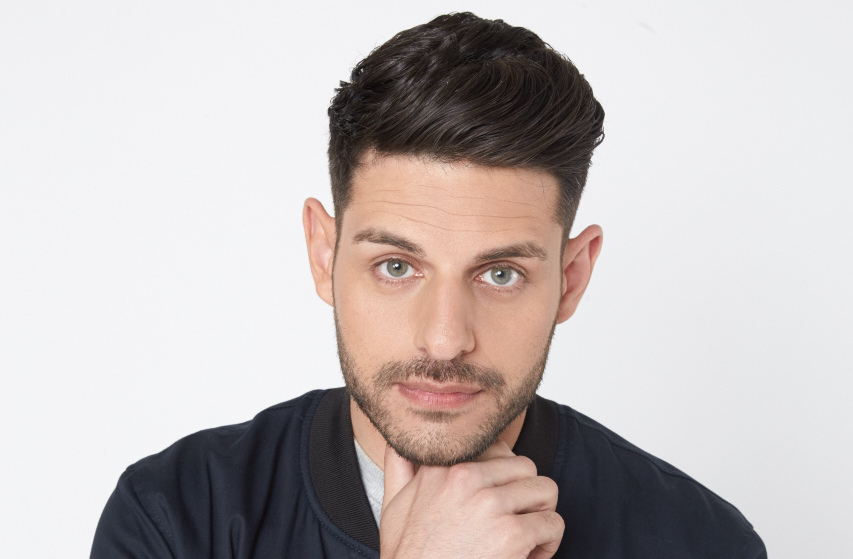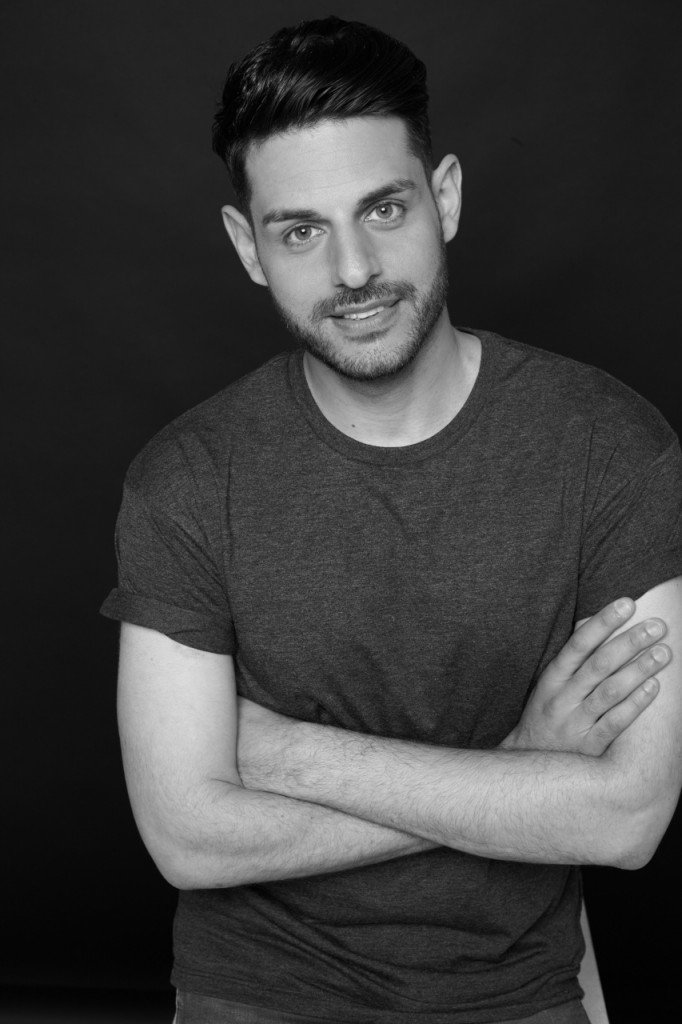What does it mean to be a gay man in modern Britain?

Ahead of this weekend’s Being A Man event at London’s Southbank, Wayne Dhesi, who hosts the Being A Gay Man talk at the festival in partnership with Attitude, writes about what it means to be a gay man in modern Britain…
I knew I was gay from the age of 15 but I didn’t feel confident enough, safe enough or brave enough to come out until I was 21.
As gay and bi men we all have that one thing in common; each of us spent time in the closet. For me it was six years, for others months and for some decades.
When I eventually did come out in 2002, just after graduating from university, Section 28 had not yet been repealed and gay and bi people had only been allowed to serve openly in the armed forces for two years. We were still a couple of years away from civil partnerships and it would be more than a decade until same-sex marriages would become legal. The legal changes I’ve witnessed for gay and bisexual men since coming out have certainly been significant and have contributed to a landscape that have led some to think that it’s job done, fight over. We may now be able to marry the person we love and serve openly in the forces, but with homophobic hate crimes rising by a third in London in the past year and men who have sex with men (MSM) still banned from donating blood (unless they haven’t had sex with another man in the past twelve months) how accepted do we really feel in 2015 and what long term effect does that time we spent in the closet have on us?
There are many reasons why gay men may still feel oppressed, both in the UK and around the world. Although the challenges facing the gay community vary from country to country, and we should feel very lucky to live in one in which we are legally protected, surely the mistreatment of gay men in less-liberal countries can only serve to have a negative impact on the way gay men in the UK feel about themselves. The fact is that even in 2015, 40 per cent of the world’s population still live in countries where you can be imprisoned for same-sex attraction. And despite the increasing visibility of lesbian, gay, bi and trans (LGBT) people in the media and in society generally, we still only make up an estimated 6 per cent of the population. So, we will always be a minority and therefore we will always feel marginalised to some extent.
That’s why ‘LGBT spaces’ (such as Soho in London and Canal Street in Manchester) are so important. They provide a bubble of safety, an opportunity to define and own our environment. But what about those who live in rural parts of the country where that minority status is even more apparent? What about the added challenges of belonging a particular faith or ethnic group? How do the experiences of gay or bi men who are also trans compare to those of cis men? What about bi-erasure?
With so many overlapping and intersecting social identities, the discussion around what it means to be a gay man in 2015 is far from simple.
The landscape of LGBT spaces in the UK is changing. Each time another gay bar closes it’s suggested that its evidence that they are no longer needed. If you throw in the increasing accessibility and popularity of dating and hook-up apps such as Grindr it might seem that we’ve never had it so easy – social acceptance AND sex/dates on demand. However, those romantic meetings across the fruit and veg aisle in Tesco that we often see in films don’t happen so much to gay men. I mean, the guy manhandling that bag of sprouts is probably not even gay and he might even be homophobic and looking for a fight. Surely that’s a thought that’s not just crossed my mind.

So, if our only options for meeting other men are by either listing ourselves like an eBay advert on an App or seeking out one of the few remaining gay bars, surely that means that a significant aspect of our lives, our relationships, still only exist on the fringes of our accepting and liberal society? Some friends of mine have told me that they don’t like the fact that ‘gay’ has become mainstream. Hen parties in gay bars and gay dads on bank adverts; this is what we always wanted, right?
We know gay men, lesbians and bisexuals also drink more alcohol and take more drugs than heterosexual people. We’re also more likely to smoke, and studies have shown that gay or bi men are more likely to experience anxiety, depression and suicidal feelings than our heterosexual counterparts. Is this because we still don’t feel like we really ‘belong’ or maybe it’s our unresolved feelings of being an outsider from our closet days. It’s certainly a knotty discussion and one that will continue to divide opinion.
On Sunday 29th November I’ll be chairing a panel discussion called ‘Being a Gay Man’ as part of the Southbank Centre’s Being A Man festival, where I hope to address some of the issues surrounding gay identity in 2015. We’ll hear from co-founder of The Quest, Adewale Adeniji; Patrick Cash, writer, performer and host of open-mic nights Spoken Word London and the gay men’s wellbeing forum Let’s Talk About Gay Sex & Drugs; Matthew Todd, Editor of Attitude magazine; and Tom Ross-Williams, artistic director of Populace, actor, theatre-maker and ambassador for Great Men.
Wayne chairs Being A Gay Man, a panel discussion on gay identity, on Sunday 29 November at the Southbank Centre’s Being A Man festival. The festival runs 27 to 29 November with talks, debates and performances from more than 150 speakers and performers. For the full programme, go to southbankcentre.co.uk/bam
Wayne is founder of rucomingout.com, an Attitude magazine columnist and Youth Programmes Manager at Stonewall.
More stories:
Usher follows The Game’s example with ripped crotch shot
Homophobic bullying in British schools is ‘screwing’ gay kids’ life chances
